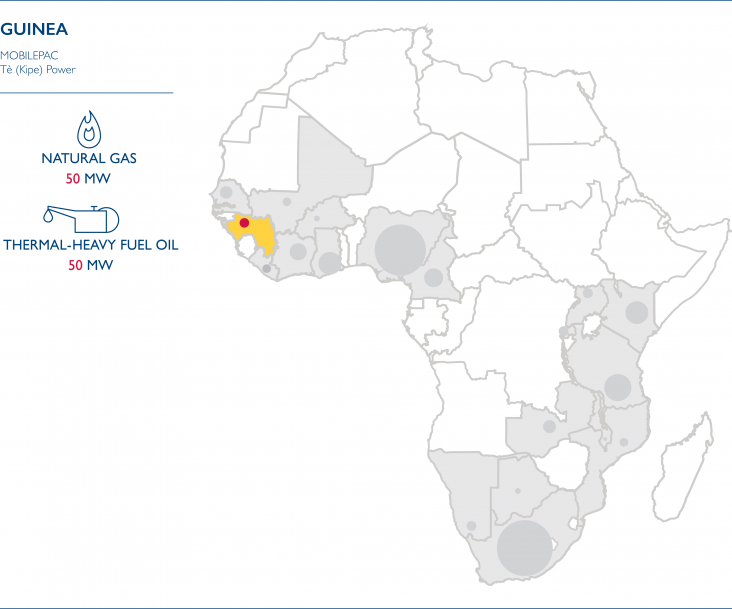- Where We Work
- Africa
- African Union
- Power Africa
- About Us
- How We Work
- Partners
- COVID-19
- News & Information
- Power Africa Jobs
- Power Africa Toolbox
- Where We Work
- Events
- Trade and Investment
- Angola
- Benin
- Botswana
- Burkina Faso
- Burundi
- Cameroon
- Central Africa Regional
- Central African Republic
- Chad
- Côte d'Ivoire
- Democratic Republic of the Congo
- Djibouti
- East Africa Regional
- Eswatini
- Ethiopia
- Ghana
- Guinea
- Kenya
- Lesotho
- Liberia
- Madagascar
- Malawi
- Mali
- Mauritania
- Mozambique
- Namibia
- Niger
- Nigeria
- Republic of the Congo
- Rwanda
- Sahel Regional
- Senegal
- Sierra Leone
- Somalia
- South Africa
- South Sudan
- Southern Africa Regional
- Sudan
- Tanzania
- The Gambia
- Uganda
- West Africa Regional
- Zambia
- Zimbabwe
- Asia
- Europe and Eurasia
- Latin America and the Caribbean
- Middle East
- Mission Directory
Speeches Shim

Power Africa has supported the development of 100 megawatts (MW) of electricity generation projects in Guinea. In addition, various firms have received U.S. Embassy support to move transactions forward. The exhibits below illustrate Power Africa’s financially closed transactions in Guinea, some of which are already online and generating critical electricity supply for the people of Guinea.
Power Africa Financially Closed Transaction in Guinea
Tè (Kipe) Power Project (Thermal-HFO – 50MW)
Financial Close Date: 3/26/2018
Commercial Operations Date: 2/19/2019
Estimated Project Cost: $110M
Overview: Power Africa supported a key legislative reform that helped a 50 MW Heavy Fuel Oil (HFO) generation project reach financial close. This particular project was led by Power Africa partner Endeavor Energy and resulted in a 5-year Build Operate Transfer (BOT) Power Purchase Agreement. From previous deal failures, stakeholders were aware of the critical enabling environment barrier constraining project success, i.e. the legal framework to allow BOT Independent Power Producers in the sector. Multiple USG agencies, including Commerce, Overseas Private Investment Corporation, and USAID worked to resolve this issue and streamline the development of the project. Ultimately a revised law was adopted, allowing Endeavor to successfully close the project. This success highlighted the direct linkage between private sector feedback, enabling environment reform, and MWs.

Comment
Make a general inquiry or suggest an improvement.